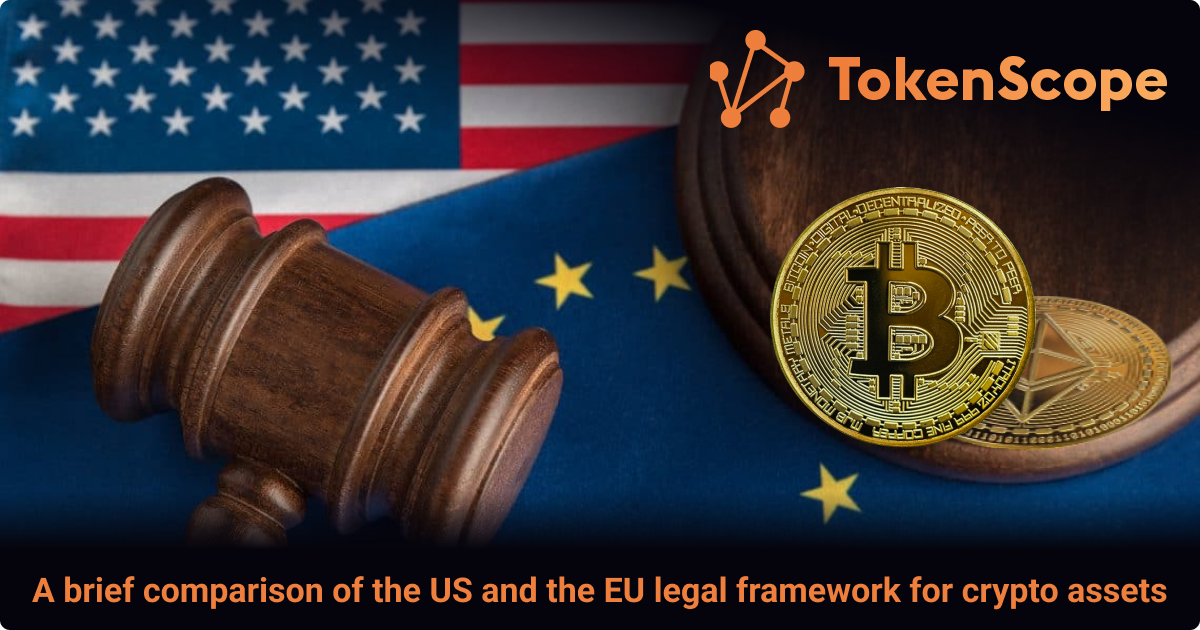Crypto regulation in the world: weekly digest #62

The EU
The DAC8 rule has passed the European Parliament with overwhelming support during a plenary session on September 13, 2023. The measure received 535 member votes for and just 57 against, with 60 abstentions. This directive obligates crypto-asset service providers to report transactions involving EU clients to the tax authorities of EU member states, and it covers businesses that provide their services to EU residents, regardless of where such service providers are located.
The directive is designed to empower tax collectors to track and assess all cryptocurrency transactions within the Union. The reporting framework would be set up by amending the Directive on Administrative Cooperation (DAC), which is the main framework for other data exchanges between tax authorities.
The directive obligates crypto-asset service providers to report transactions involving EU clients to the tax authorities of EU member states. The proposed directive is subject to a special legislative procedure, requiring unanimous support in the Council, following consultation of the European Parliament and the European Economic and Social Committee.
There is no direct reference between the DAC8 rule and the Markets in Crypto-Assets (MiCA) regulation, however, these two pieces of legislation are DAC8 builds on the provisions of MiCA and the Transfer of Funds Regulation (TFR), in particular regarding definitions and authorization requirements. The DAC8 rule will come into force on Jan. 1, 2026.
Hong Kong
The Hong Kong Monetary Authority (HKMA) has issued a warning to the public about crypto businesses that falsely claim to be banks. These crypto firms, which are not banks in Hong Kong, are not supervised by the HKMA. The warning aims to protect investors and consumers from potential risks associated with these misleading claims.
The HKMA's warning highlights the importance of understanding the regulatory framework surrounding crypto businesses and traditional banking institutions. Crypto companies that use terms like «banks», «deposits» or «virtual asset banks» may be inappropriately representing their services and potentially breaching the Banking Ordinance.
Investors and consumers are advised to exercise caution when dealing with such crypto firms and to seek information from reliable and regulated sources. Understanding the differences between traditional banks and crypto businesses can help individuals make informed decisions about their financial transactions and investments.
India
India is expected to finalize its official stance on cryptocurrencies in the coming months as the Indian government is currently working on a 5-point crypto legislation.
India's position on cryptocurrency regulation has been under scrutiny since it steered the G20 towards endorsing a global framework for crypto assets. The country's finance minister has confirmed that discussions are underway for a global framework to regulate crypto assets. Indian crypto exchanges are expecting clear regulations to be implemented following the G20 declaration, and they have welcomed India's intention to work with global consensus on regulating the crypto industry.
India has not yet enacted any special legislation for the regulation of crypto currencies, but it has amended its income tax laws to levy them with a 30% tax.
News from other countries:
- Japan has recently eased regulations on startup financing to allow for crypto. This means that startups can now raise funds from investors by offering stocks and crypto assets, such as currencies. The new law allows startups to issue crypto tokens instead of stocks, diversifying income sources.




